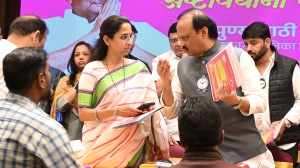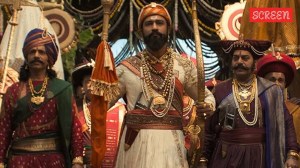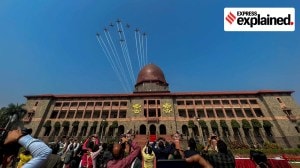After the End
A reconstruction of the 2007 honour killings of a Jat couple maps the impunity of khap panchayats and the courage of a few to stand up to them.
A reconstruction of the 2007 honour killings of a Jat couple maps the impunity of khap panchayats and the courage of a few to stand up to them.
Book: Manoj and Babli: A Hate Story
Author: Chander Suta Dogra
Publisher: Penguin
Pages: 239
Price: Rs 299
Haryanas khap panchayats and their dishonourable role in controlling the lives and sexualities of young women and men through violence,social boycotts and intimidation is the stuff of daily news. Their brazen sanction of honour killings is equally notorious. In Manoj and Babli: A Hate Story,Chander Suta Dogra reconstructs the 2007 murders of Manoj and Babli,a young Jat couple from Karoran village in Haryana,whose marriage flouted the proscription against same-gotra marriage.
In a village which conforms to Ambedkars description of being dens of inequity,Manoj and Babli fall in love,decide to marry,and escape to the sanctuary of the city,where the ossified traditions of the village do not apply. But Bablis powerful and well-connected family follow them there. The police,bound more to caste and political ties than to the Constitution,and told by the court to protect them,as much as send the couple to slaughter. The khaps,assured of impunity from law and punishment,hold an informal panchayat,declaring that kaam ho gaya.
But this would go on to become a watershed case in the history of honour killings of Haryana,because of two women,Manojs sister Seema and mother Chandrapati who persist in their fight for justice despite several diktats to compromise. In 2010,their efforts resulted in a landmark judgment death to the five accused and a blowback by Jats across the state. Chandrapati,especially,shines through as a real hero,an illiterate woman who finds the courage to take on powerful enemies in a rabidly patriarchal culture. Dogra also lays bare the incestuous links between the panchayats and politicians and touches upon the primacy of property that devalues women.
While the book is impeccably researched and it is evident that Dogra knows this terrain thoroughly,she does not join the dots to the larger tectonics of social change,instead getting bogged down by the technical details of chargesheets and legal twists. The prose is afflicted with the kind of journalese that is only justified by daily deadlines,and which obscures rather than illuminates. Nevertheless,this is an important account of the tradition-stifled life in Haryana,and the many women who are leading the resistance against it.
- 01
- 02
- 03
- 04
- 05































